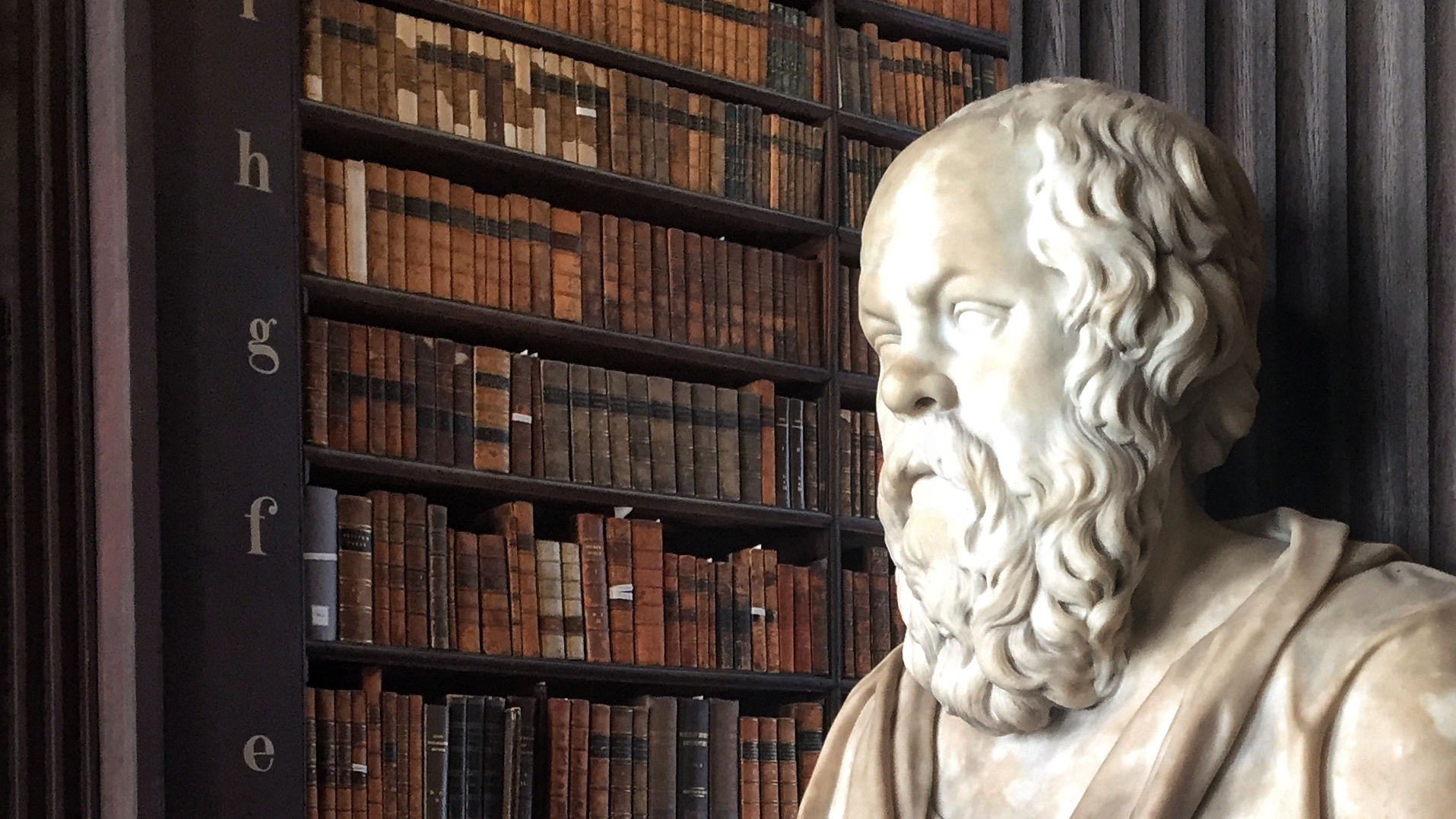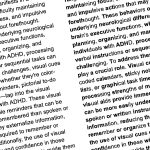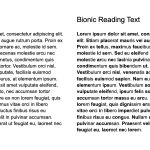Last Updated on 07/09/2023 by Eleanor Thompson
Introduction – The Socratic Method
The Socratic Method, a timeless technique of inquiry dating back to ancient Athens, has consistently been hailed for its unparalleled ability to stimulate critical thinking and profound introspection. Rooted in the teachings of Socrates, this method of elenchus, or cross-examination, not only shaped the foundation of Western philosophical discourse but has also found its place in classrooms, boardrooms, and everyday dialogues across millennia. Whether you’re an educator striving to instil deep reflective thought, a philosopher seeking to unravel complex truths, or a curious soul yearning to grasp the essence of Socratic questioning, the literary world has a treasure trove of works that elucidate this ancient art. This article curates an essential list of books, each offering unique insights and perspectives on the Socratic Method. Dive in and immerse yourself in the rich tapestry of dialogues, teachings, and applications that these seminal works offer.
The Trial and Death of Socrates by Plato
This is a compilation of four dialogues by Plato which chronicles the trial and subsequent death of Socrates. The work delves into Socratic questioning and his philosophy on life, justice, and the role of a philosopher. It’s essential for anyone wanting to understand the foundations of the Socratic method.
Socratic Logic by Peter Kreeft
Kreeft presents a comprehensive guide to the Socratic method and classical logic. The book combines clear explanations with practical exercises, making it a valuable resource for both students and educators looking to implement Socratic techniques in discussions.
Socratic Circles: Fostering Critical and Creative Thinking in Middle and High School by Matt Copeland
This book is an instructional guide for educators interested in integrating the Socratic method into their teaching. Copeland offers practical advice, strategies, and examples to engage students in deep, reflective thought and discussion.
Socrates’ Way: Seven Keys to Using Your Mind to the Utmost by Ronald Gross
Gross presents seven Socratic principles that can help readers lead more fulfilled lives. The book includes stories, scenarios, and exercises designed to teach the reader how to think and live like Socrates.
The Socratic Method Today: Student-Centered and Transformative Teaching in Political Science by Lee Trepanier (Editor)
This book focuses on the application of the Socratic method in contemporary classrooms, particularly within the field of political science. It provides insights and methodologies for educators looking to engage students more deeply in the material.
Socrates Cafe: A Fresh Taste of Philosophy by Christopher Phillips
Phillips documents his journey around the U.S., where he initiates discussions with everyday people using the Socratic method. The book highlights the power of philosophical questioning in modern society and makes philosophy accessible to all.
Socratic Seminars in High School: Texts and Films That Engage Students in Reflective Thinking and Close Reading by Victor Moeller and Marc Moeller
This book offers educators a toolkit for conducting Socratic seminars with senior school students. It provides a curated list of texts and films, along with guidelines for facilitating insightful discussions.
Open-Mindedness and Education by William Hare
Hare delves into the importance of open-mindedness in the educational process. The book draws heavily on the Socratic tradition, highlighting its relevance and applicability to modern educational practices.
Socratic Method and Critical Philosophy by Leonard Nelson
Nelson provides an in-depth exploration of the Socratic method, arguing for its continued relevance and importance in the realm of philosophy and beyond. He demonstrates how Socratic questioning can be used to challenge assumptions and arrive at clearer truths.
The Inner Citadel: The Meditations of Marcus Aurelius by Pierre Hadot
While not exclusively about Socrates, this book offers a profound exploration of Stoicism, a philosophy deeply influenced by Socratic thought. Pierre Hadot, renowned for his work on ancient philosophy, dives into “The Meditations” of Marcus Aurelius, shedding light on the Stoic principles embedded within. Through his analysis, Hadot reveals the Roman Emperor’s deep connection with Socratic and Stoic teachings, emphasising the art of introspection, self-discipline, and the pursuit of virtue. Readers gain insights into how Socratic questioning influenced Stoicism and how both can be applied to lead a life of wisdom and integrity.
Conclusion
The Socratic Method, with its emphasis on open inquiry and relentless pursuit of truth, remains as pertinent today as it was over two millennia ago. The books listed in this article not only illuminate the core tenets of Socratic questioning but also showcase its enduring relevance in our modern world. Whether you aim to adopt this method in professional settings, educational contexts, or personal dialogues, these works provide invaluable guidance. Immerse yourself in them and discover the transformative power of questioning, reflection, and discourse, as championed by one of history’s greatest philosophers, Socrates.
Special thanks Allan Henderson for providing the image
Author Profile
Latest entries
 Resources2024.01.25Animals That Start With The Letter N
Resources2024.01.25Animals That Start With The Letter N Bionic Reading2023.09.22Bionic Reading for Dyslexia: A Potential Bridge to Enhanced Comprehension
Bionic Reading2023.09.22Bionic Reading for Dyslexia: A Potential Bridge to Enhanced Comprehension Bionic Reading2023.09.21Bionic Reading for ADHD: Harnessing the Power of Visual Cues to Aid Focus and Comprehension
Bionic Reading2023.09.21Bionic Reading for ADHD: Harnessing the Power of Visual Cues to Aid Focus and Comprehension Bionic Reading2023.09.20Bionic Reading Method
Bionic Reading2023.09.20Bionic Reading Method




